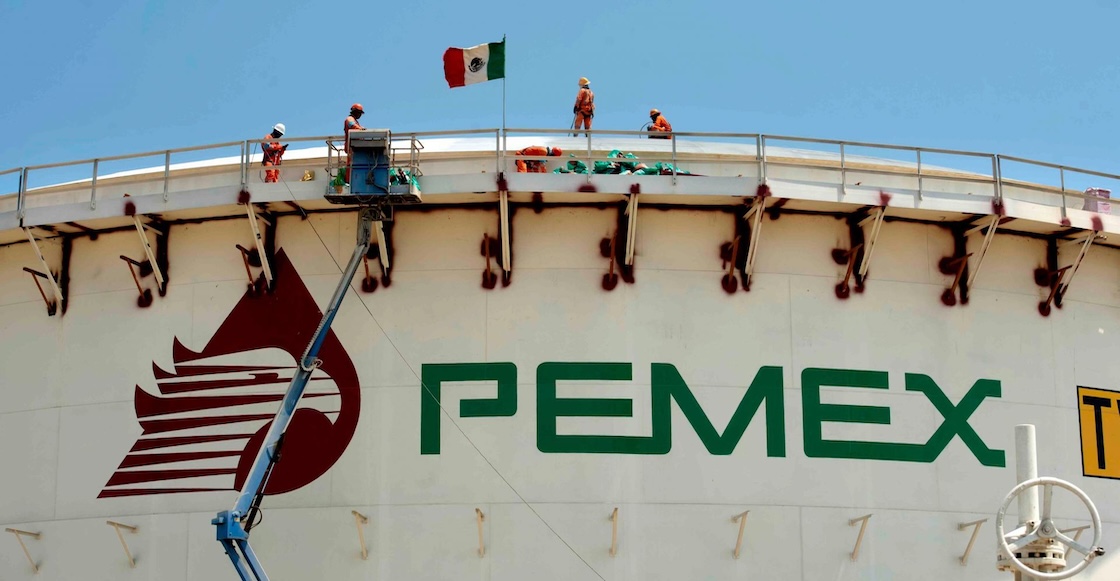Mexican Government Announces Financial Lifeline for Pemex: Will It Be Enough?

The Mexican government has announced a significant financial operation aimed at bolstering the finances of state-owned oil company Pemex, one of the world's most indebted. While the Treasury Ministry has remained tight-lipped on the exact amount involved, financial experts estimate the rescue package could reach up to $10 billion USD. This move comes as Pemex struggles with declining oil production, mounting debt, and increasing operational costs, posing a significant challenge to Mexico's economic stability.
The Urgent Need for Intervention
Pemex, a cornerstone of the Mexican economy for decades, has been facing a deepening crisis. Years of underinvestment, inefficient operations, and a heavy debt burden have left the company struggling to meet its obligations. The company's debt currently stands at over $100 billion USD, and its production has been steadily declining, impacting government revenues and the overall economy.
The government's intervention is seen as crucial to preventing a potential collapse of Pemex, which would have far-reaching consequences for Mexico's economy and social stability. The company is a major employer and contributes significantly to government tax revenues, making its financial health vital for the nation's well-being.
Details of the Financial Operation Remain Vague
The Treasury Ministry has been deliberately vague about the specifics of the financial operation. While they assure the public that the move is designed to “strengthen” Pemex, they have not disclosed the exact amount of funding or the mechanisms through which it will be provided. This lack of transparency has fueled speculation and concerns among investors and analysts.
Experts suggest that the rescue package could involve a combination of measures, including government loans, debt restructuring, and asset sales. However, the details remain unclear, and the effectiveness of the operation will depend on how it is implemented.
Expert Analysis and Concerns
Financial analysts have expressed cautious optimism about the government's intervention, but they also highlight the challenges that Pemex faces. The $10 billion USD estimate is considered a minimum, and many believe that a more substantial injection of capital will be required to address the company's long-term financial problems.
“While this injection of capital is welcome, it's merely a band-aid on a much larger wound,” says economist Dr. Elena Ramirez. “Pemex needs fundamental reforms to improve its efficiency, reduce its debt, and attract private investment. Without these changes, the company will continue to struggle, regardless of government support.”
Concerns also remain about the potential impact of the financial operation on Mexico's public finances. The government is already grappling with a high level of debt, and bailing out Pemex could further strain the nation's fiscal resources.
Looking Ahead: The Future of Pemex
The government’s decision to intervene in Pemex's finances marks a critical moment for the company and for the Mexican economy. The success of this operation will depend on the government's ability to provide transparent and effective support while also addressing the underlying structural problems that have plagued Pemex for years. The future of Mexico’s energy sector and its economic stability may well hinge on the outcome.
Ultimately, Pemex needs to modernize its operations, adopt more efficient technologies, and explore opportunities for private sector partnerships to ensure its long-term sustainability. The government’s support is a necessary first step, but it is not a substitute for fundamental reform.





